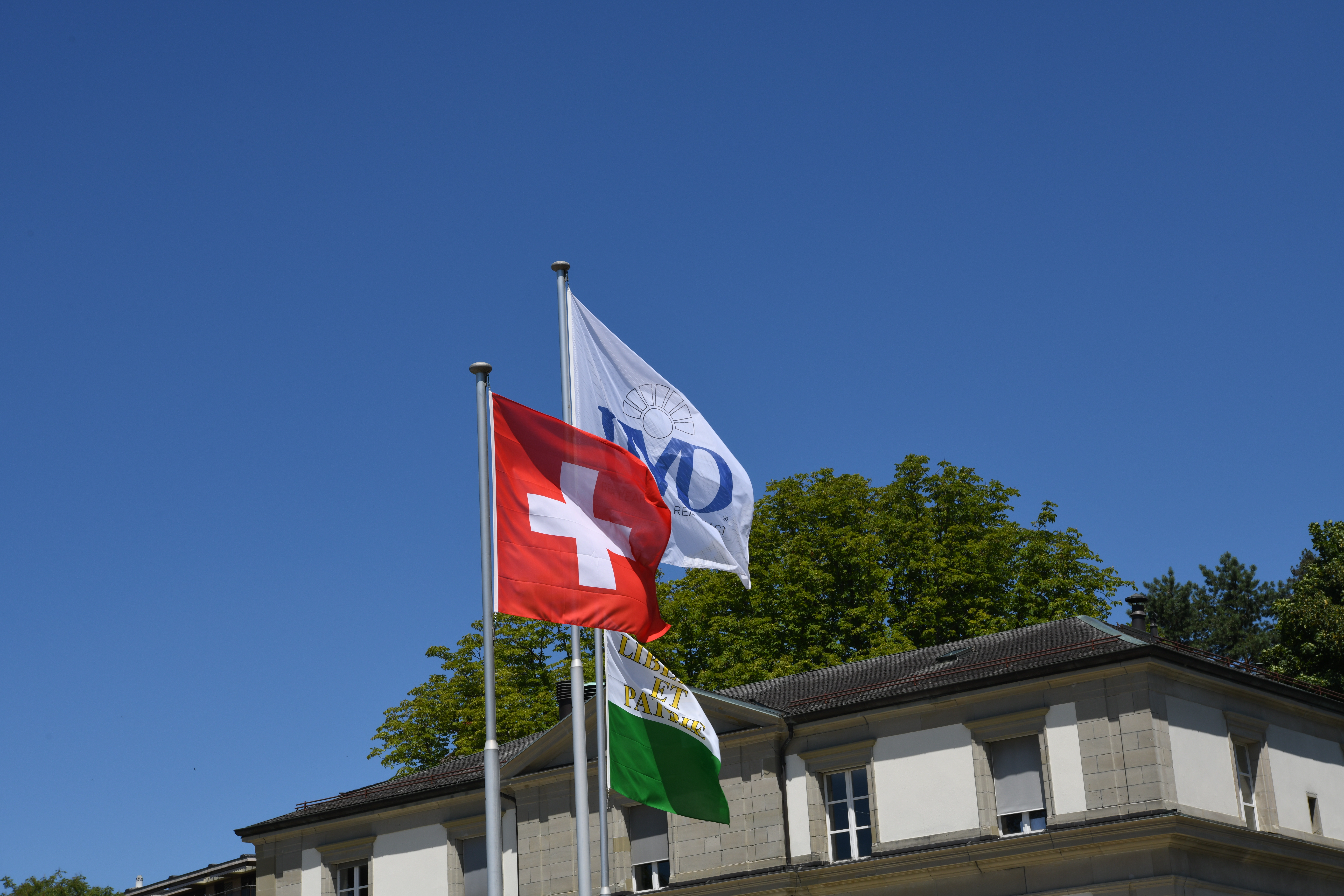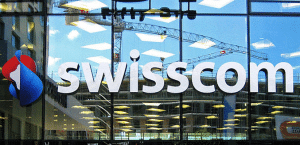
Many established businesses work very hard to stand still. This is especially true for incumbent telecoms companies like Swisscom, where fierce price competition and the need to invest huge amounts to drive technological innovation and keep up with customer demands for faster network speeds are proving a headache for many operators.
“Our biggest challenge is regenerating growth in the company,” Christoph Aeschlimann, CEO of Swisscom, told MBAs during a recent live case discussion as part of their strategy course.
Swisscom is Switzerland’s largest integrated IT and telecoms company with revenues of CHF 11bn in 2022. Yet it has grappled with revenue erosion in its residential market with decreasing prices and fewer people owning a fixed line.
A case in point is Swisscom’s revenue from voice calls and voice access. Twenty-five years ago, these accounted for more than CHF 5bn, whereas today they make up roughly CHF 400m and are expected to decrease further, said Aeschlimann, an engineer by training who became CEO in June 2022. The telecoms business needs high investments, so it’s important for firms to replace revenues with those that can generate similar returns, he added.

Aeschlimann was at IMD to listen to ideas put forward by IMD’s MBA students as part of their strategy course which tries to connect theory to practice.
The MBA students noted that Swisscom was one of the strongest brands in Switzerland and ranked highly for its customer experience and attractiveness as an employer. In addition, the company is highly innovative with 80% of revenues stemming from products that didn’t exist 10 years ago.
Among the suggestions put forward were building deeper partnerships with startups, as well as expanding into Rwanda – regarded as the Singapore of Africa – where the government is looking to open its telecommunications market to new competition.
Other teams proposed leveraging Swisscom’s strengths such as its network coverage and customer experience to stem declining sales in its residential sector by building a customized digital ecosystem. This would enable customers to choose the data package and TV channels that match their needs. In addition, they suggested creating a super-app which will allow customers watching a soccer game, for example, to order a pizza or other products from their phone, or use their cellphone to control certain smart devices.
The third and final team believed Swisscom should develop a two-pronged strategy focused on defending existing market share and growing into additional markets by enhancing its business-to-business offering. Among the ideas were providing free in-flight Wi-Fi to Swisscom customers flying with certain airlines, something that United Airlines has started offering for T-Mobile customers.
“We’re very proud of the whole innovation side of the company”
Following the presentations, Aeschlimann gave the teams feedback and said Swisscom’s first priority was to defend market share and stop revenue erosion. The mobile business is impacted by fierce price competition and lower prices have a major impact on revenue and profit, he added.
To grow its business, Swisscom is looking to leverage its brand in new ways, for example, by cross-selling new products such as cybersecurity insurance or coverage if you accidentally drop your phone, he said.
“We’re very proud of the whole innovation side of the company,” he added, noting that Swisscom invented prepaid mobile, while unlimited subscriptions were also launched for the first time in Switzerland.
Yet defending the core business and making it more efficient requires a different skillset from innovating and growing something from 10 million Swiss francs to half a billion Swiss francs. Growth is also essential to attract talent, he said.
“It’s unattractive for employees to work in a shrinking company. It’s more attractive to grow than to think about cost reduction. In the war for talent, it’s super important to be attractive. Everybody wants to be on a winning team.”


